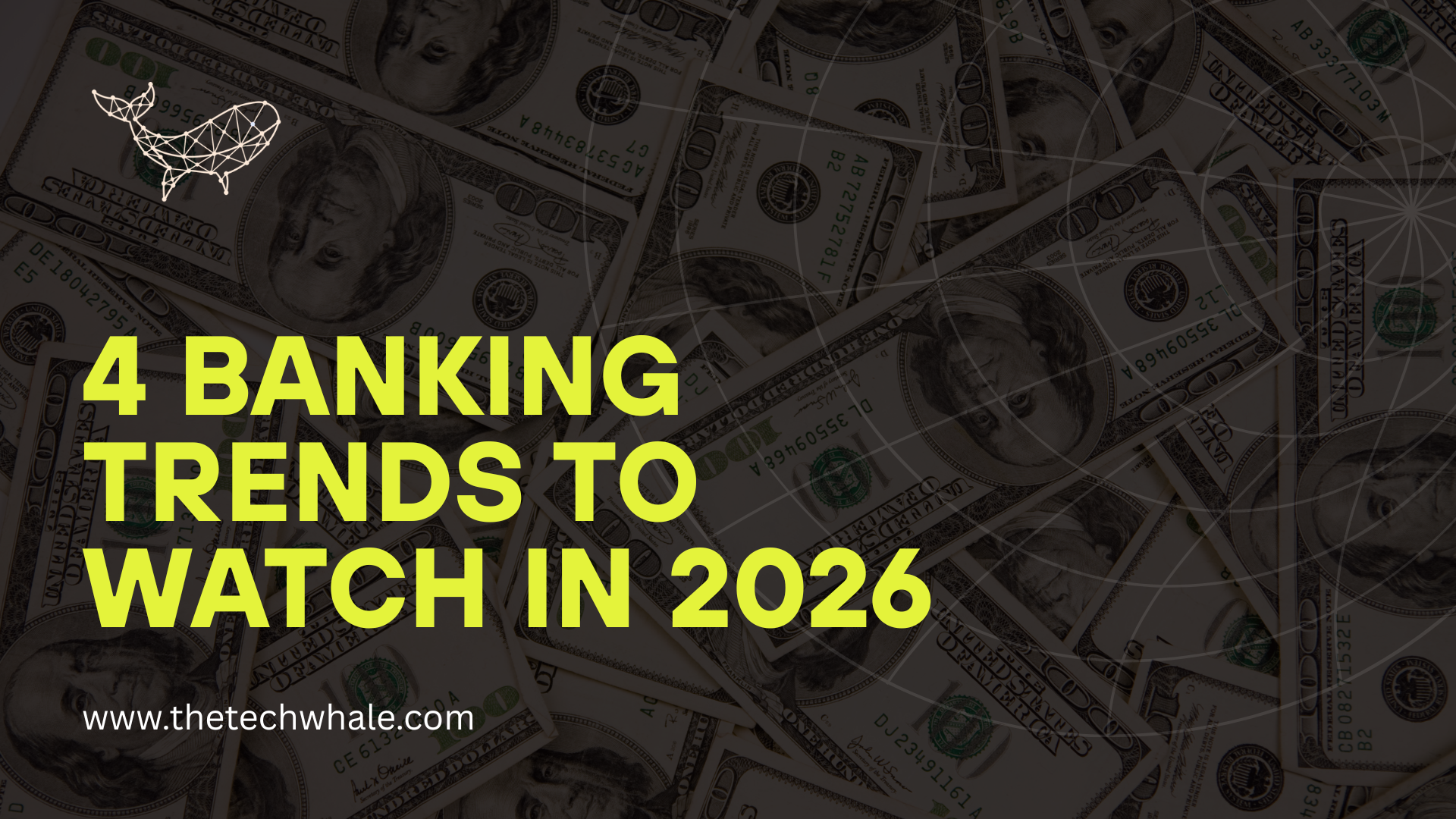In the rapidly evolving world of fintech, blockchain technology has become a game-changer, especially for B2B companies like “The Tech Whale.” As businesses continue to search for faster, more secure, and transparent solutions, blockchain provides the foundation for building trust in digital transactions.
Understanding Blockchain in B2B
Blockchain, at its core, is a decentralized, distributed ledger that ensures data integrity and transparency. Unlike traditional centralized databases, blockchain allows businesses to conduct transactions without relying on intermediaries, which reduces the risk of fraud and operational costs. B2B companies are particularly keen on leveraging blockchain’s advantages in areas like supply chain management, financial settlements, and cross-border payments.
Decentralized Solutions for Supply Chain Management
One area where blockchain has shown immense potential is in supply chain management. By utilizing smart contracts and distributed ledgers, B2B companies can track the entire lifecycle of goods, from raw materials to final delivery, ensuring transparency and accountability at every step.
For instance, using blockchain, The Tech Whale could help businesses in the logistics sector seamlessly track shipments, verify authenticity, and ensure that goods are delivered as promised, with tamper-proof records.
Smart Contracts and Reduced Fraud Risk
Smart contracts are self-executing contracts where the terms of the agreement are written directly into code. These contracts automatically execute when conditions are met, without requiring intermediaries. For B2B firms, this reduces the need for legal intermediaries, speeding up transactions and reducing the risk of errors.
Blockchain for Financial Settlements and Payments
Cross-border payments have long been a pain point for businesses, with high fees, delays, and a lack of transparency. Blockchain technology is revolutionizing this space by enabling faster, cheaper, and more secure cross-border payments. The tech is also being adopted for real-time settlements, where businesses can immediately transfer funds without waiting for hours or even days.
The Role of Privacy in Blockchain for B2B
With blockchain’s ability to offer transparency, many B2B companies are concerned about the privacy of sensitive data. Privacy features such as zero-knowledge proofs (ZKPs) and private blockchains are being integrated into B2B applications to ensure that transaction data remains secure and confidential.
Conclusion: Blockchain as a B2B Driver of Innovation In conclusion, blockchain technology is not just a buzzword for B2B companies. It is an enabler of a more secure, transparent, and efficient digital ecosystem. For “The Tech Whale,” embracing blockchain in B2B offerings could unlock new growth opportunities and improve customer trust.





